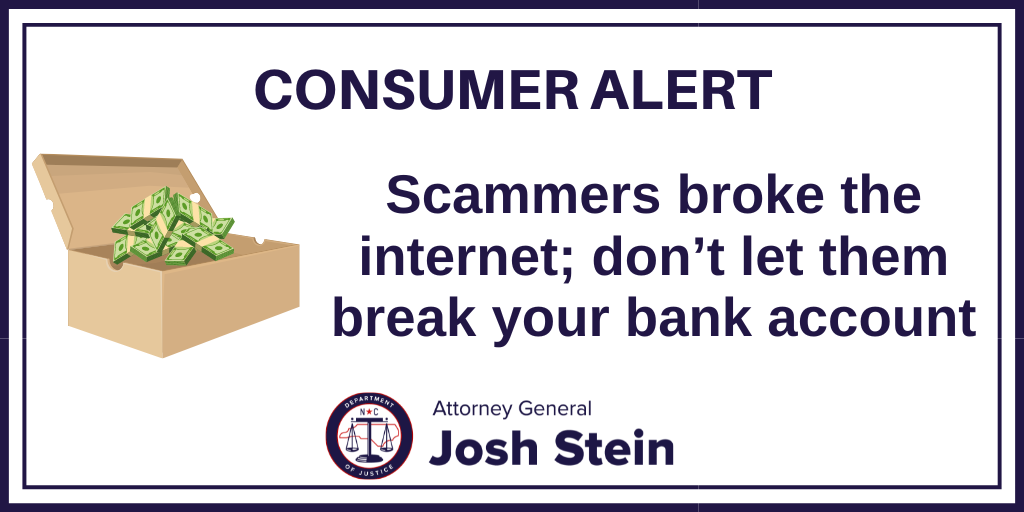
Friday, February 16, 2024
Earlier this week, a first-person account of a woman who was scammed was posted on the internet. This story serves to remind us that scammers are always looking for new ways to trick people out of their money and steal their personal information. Even the most educated people can fall for their tricks and manipulation tactics, especially when they make you believe there is a sense of urgency or you could be in danger. Imposter scams are a common scam in which criminals pretend to represent a government agency, law enforcement, a company, or even a family member. These scams use threats of legal consequences or arrest to make you act without thinking clearly.
According to the FTC, people lost $2.7 billion to imposter scammers last year. Use our tips to help protect yourself or loved ones from this type of scammer:
- One of the most important things to remember is that government officials will not reach out to you via text or phone to threaten you with arrest or ask for your personal information. If an unknown caller threatens to arrest you, it’s a scam.
- If you get a call out of the blue, hang up and call the company or government agency directly. Using a number listed on their website, call the company to ask if the call is legitimate. Do not send any money or personal information unless you’ve verified the call.
- If someone calls you about suspicious activity and asks to transfer you to a different person or agency, it’s likely a scam. It is always best practice to call the phone number on a company’s website directly and confirm.
- Never give your money to someone who demands payments from gift cards, wire transfers, or cryptocurrency. Scammers use these methods because they are difficult to track. It is nearly impossible for law enforcement to return money once it’s sent on a gift card. Demands to use a payment method like these are a clear sign of a scam.
- Look for red flags in messages from unfamiliar numbers or email addresses. Errors in spelling or grammar, an email that doesn’t match an agency’s government URL, vague subject lines, or pressure for immediate payment can be indicators that a message is a scam.
If you receive one of these messages or believe you have been the victim of an imposter scam, contact our office’s Consumer Protection Division at www.ncdoj.gov/complaint or at 1-877-5-NO-SCAM.
